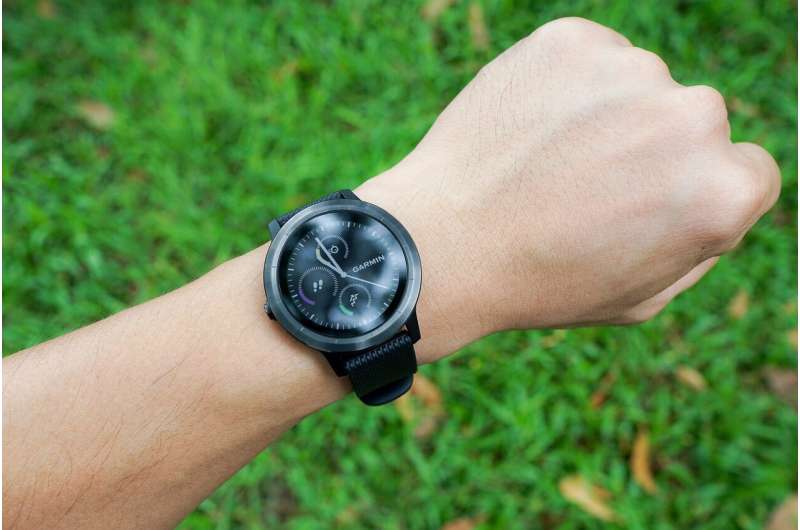Caffeine Intake During Exercise Enhances Performance in Hot Conditions Without Increasing Physiological Strain

New research indicates that drinking caffeine during exercise in hot conditions can boost endurance without increasing physiological stress, offering a promising strategy for athletes and active individuals.
Recent research from the University of Tsukuba has shed light on the effects of caffeine consumption during exercise in hot environments. While caffeine is widely recognized for its ability to boost exercise performance, its benefits under heat stress conditions have been less clear. Past studies indicated that consuming caffeine prior to exercise in high temperatures could heighten physiological stress, such as increased breathing rates linked to hyperthermia-induced hyperventilation and reduced cerebral blood flow. These adverse responses are thought to result from a rapid spike in blood caffeine levels, which may diminish caffeine's ergogenic effects.
In a comprehensive study published in Medicine & Science in Sports & Exercise, researchers examined the impact of moderate caffeine intake during prolonged exercise sessions in the heat among healthy young men and women. The findings revealed that blood caffeine concentrations gradually rose during the exercise, and participants could sustain high-intensity activity longer toward the end of their sessions. Interestingly, the perceived exertion was lower immediately before reaching intense effort, indicating maintained or improved performance levels. Notably, caffeine did not exacerbate hyperventilation or reduce cerebral blood flow during exercise, challenges previously associated with caffeine consumption in heat.
These results suggest that consuming caffeine during exercise may be an effective strategy to enhance endurance and overall performance in hot conditions without worsening physiological strain. Nonetheless, the study also showed that at the exercise's conclusion, cardiorespiratory and core temperature strain markers were elevated, likely due to the improved performance capacity. Overall, this research highlights the potential of moderate caffeine intake as a practical tool for athletes and individuals performing physical activity in hot environments.
For more detailed insights, see the full study here.
Source: https://medicalxpress.com/news/2025-07-caffeine.html
Stay Updated with Mia's Feed
Get the latest health & wellness insights delivered straight to your inbox.
Related Articles
Using Traditional Japanese Samurai Practices to Boost Leg Strength in Seniors
A simple, ancient Japanese practice inspired by Samurai traditions can significantly improve leg strength in seniors, promoting better mobility and independence.
7 Expert-Recommended Strategies for Safe Outdoor Fitness
Stay healthy and injury-free during outdoor workouts with these expert-approved safety tips. Learn how to start gradually, choose proper gear, and protect yourself outdoors.
Using Wearable Fitness Trackers Significantly Boosts Workout Adherence: Insights from Recent Research
Recent research shows that wearable fitness devices significantly increase long-term workout adherence, especially when combined with remote coaching, aiding effective health management for conditions like type 2 diabetes.
Do Compression Tights and Tops Enhance Exercise Performance and Recovery?
Learn whether compression tights and tops truly enhance exercise performance and aid recovery, supported by scientific research and expert insights.



